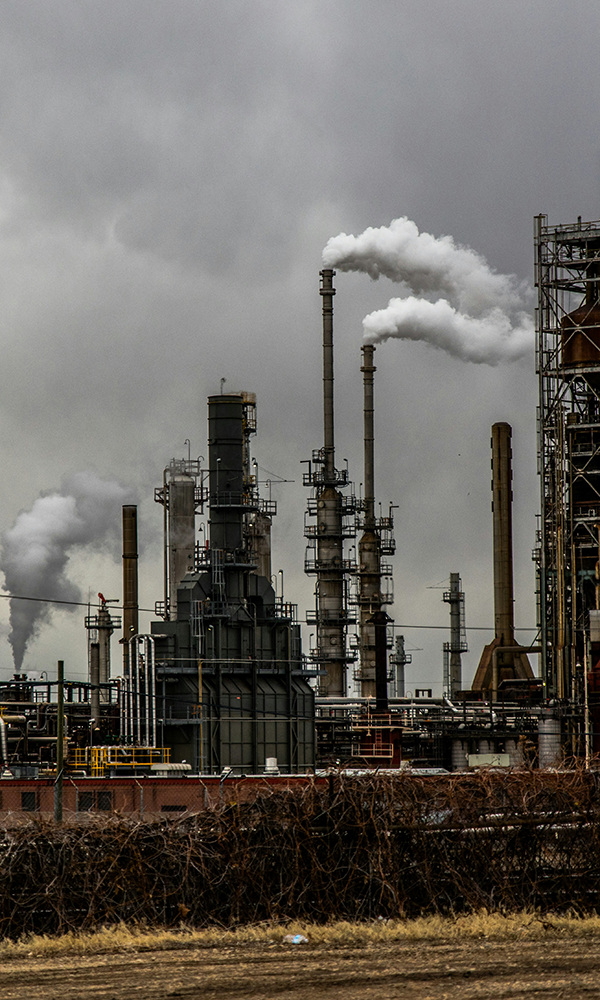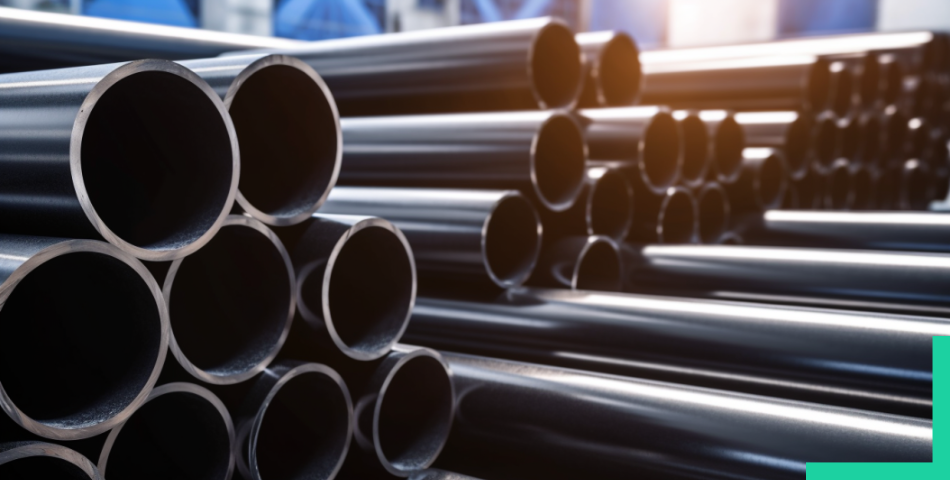Making cement, steel, and chemicals or refining crude oil requires large amounts of mostly fossil-based energy. These four energy-intensive sectors account for 24% of global greenhouse gas (GHG) emissions. Though GHG emissions are decreasing slowly, preserving our future requires fast and large reductions from activities that emit the most. Energy-intensive industries must be weaned off fossil resources and CO2-emitting processes. Strong legislation and international standards can create incentives and remove barriers to make this important change.



We are looking for a highly motivated Programme Manager to join our Programme Department team to work on industry decarbonisation, with a special focus on the petrochemical industry. The successful candidate will report to the Head of the Buildings & Industry team.
The EU’s new Carbon Border Adjustment Mechanism (CBAM), now entering its trial phase, is a step towards global industry decarbonisation. But until it is fully rolled out with a wider scope to mitigate the most carbon-intensive emissions faster, the environment will pay the real price for polluting products.
The steel sector is the most carbon-intensive in the world, responsible for 7% of energy-related greenhouse gas (GHG) emissions. To decarbonise, individual companies need to commit to climate targets – and these need to be ambitious enough. The Science-Based Targets initiative (SBTi) recently updated its guidelines and targets for the steel sector, which now has a much stronger foundation for lowering emissions – but improvements must not stop there.
Read on to learn about why and how trade measures supporting climate action must ensure credible and accurate Environmental Attribute Certificates to achieve real steel decarbonisation.
Download the pdf


ECOS is co-funded by the European Commission and EFTA

 Funded by the European Union. Views and opinions expressed are however those of the author(s) only and do not necessarily reflect those of the European Union or EISMEA. Neither the European Union nor the granting authority can be held responsible for them.
Funded by the European Union. Views and opinions expressed are however those of the author(s) only and do not necessarily reflect those of the European Union or EISMEA. Neither the European Union nor the granting authority can be held responsible for them.
